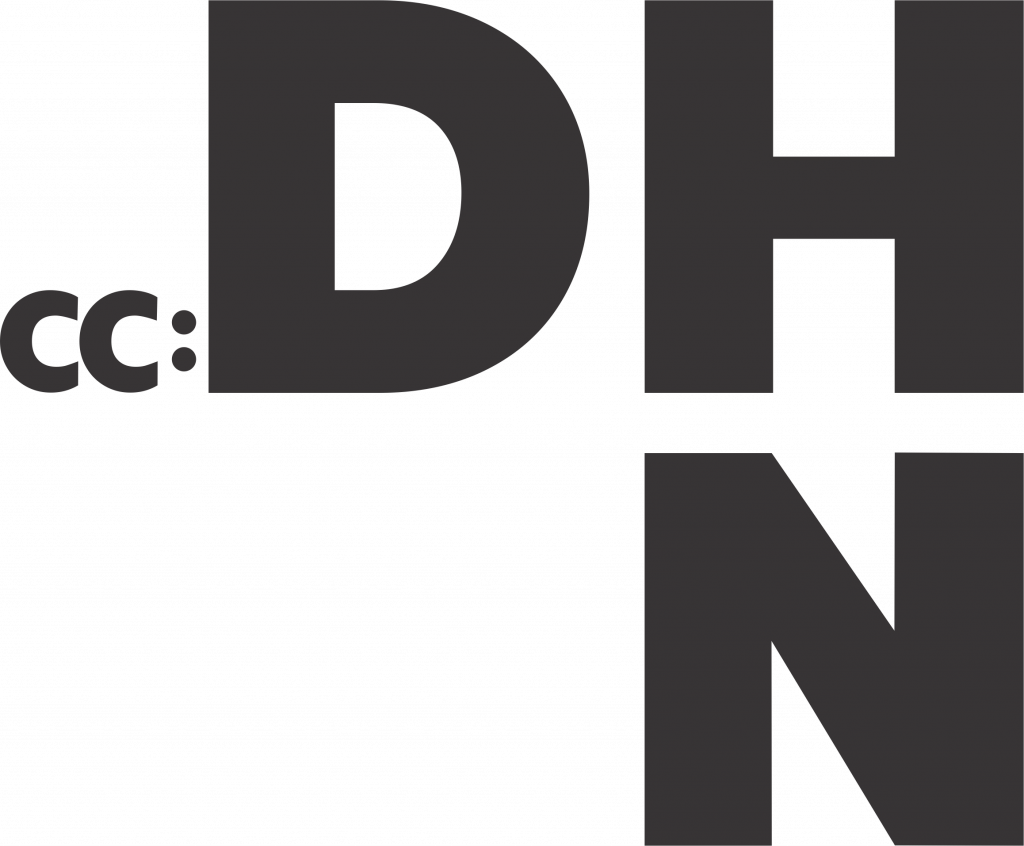
- This event has passed.
Critical Making as Scholarship
Format
in person/face-à-faceIn this team-taught workshop, we invite scholars to join us in exploring the potential of critical making to transform their scholarship: to make it playful, experiential, public, interactive, and weird. Daniel Chamberlain defines work grounded in this way as critical making, a practice which “extends beyond critique into artistry: in making, design and function are not separate. The message (or story) of a work is intertwined throughout its making.” This places the emphasis not on learning tools for their own sake, but on thinking through the relationship of our tools (and our code) with our disciplines and scholarship. It is not enough to master a tool or software program. A critical maker reflects on the tool itself, and rejects, supplements, extends, and critiques it as part of the process of making. As Matt Ratto contends, the products of critical making are “a means to an end…[to] achieve value through the act of shared construction, joint conversation, and reflection” (Ratto). Accordingly, participants in this workshop will learn a variety of ways to make both physical and computational things (and physical-computational things) as well as ways to critically examine the assumptions built into technologies, how to make more inclusive technologies, and how to use making as mode of research. Centering the humanities within critical making provides depth and richness in the interpretation and analysis of technologies that is not available from other approaches. During the week-long workshop, we will immerse our fellow humanists in critical making, building their confidence and self-efficacy with material and software-driven making and preparing them to engage in both their own research and pedagogy using models building on comics, interactive fiction, craft, and computation. We will work with both physical and material elements for prototyping and design as well as digital tools including Twine, an open-source platform for making hypertext and Tracery, a procedural library for grammar-driven generation.
